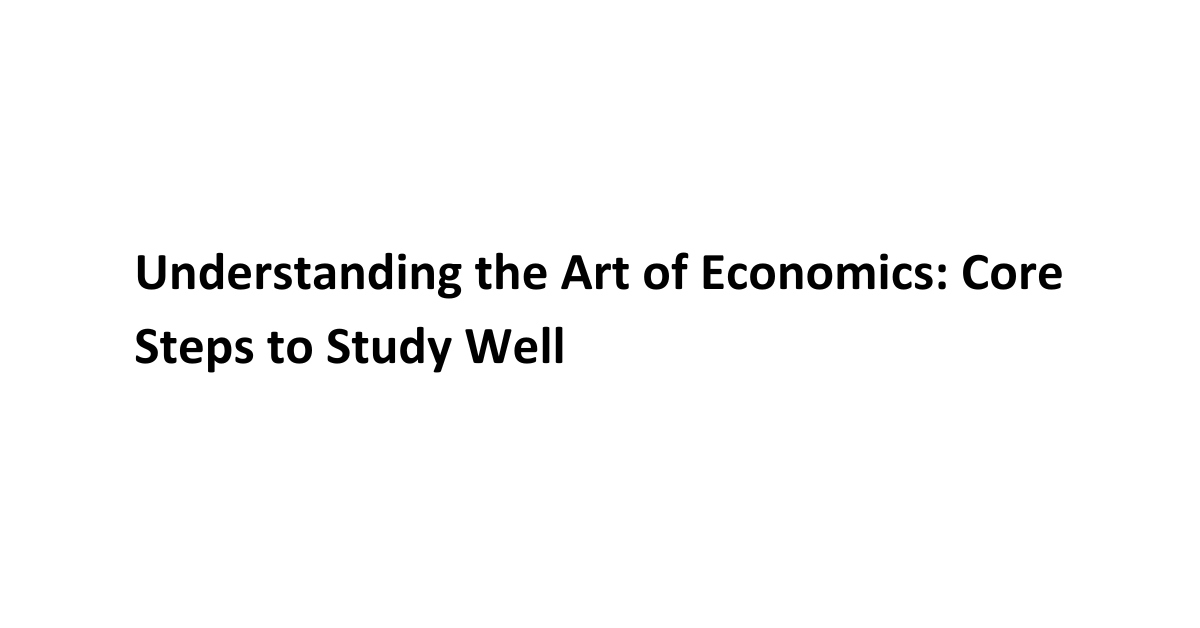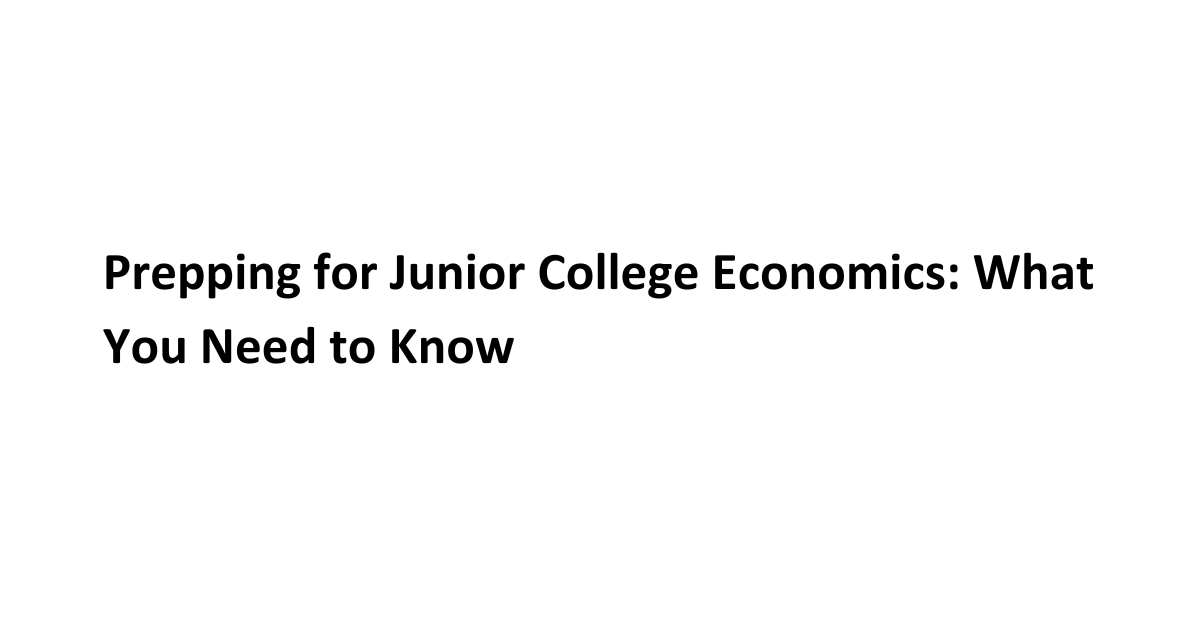04 Oct Which is the best tutor of JC economics?
When it comes to finding the best teacher for any subject, including Economics, it can be a daunting task. The right teacher can make all the difference in your learning journey, helping you grasp complex concepts, excel in exams, and develop a lifelong passion for the subject. In the realm of Economics, one name consistently stands out as the best teacher: Dr. Anthony Fok, often hailed as the “Super Tutor” by local media.
The Super Tutor: Dr. Anthony Fok
Dr. Anthony Fok is a renowned figure in the field of Economics education, and his reputation as the best teacher in the subject is well-deserved. Here are some key reasons why Dr. Anthony Fok is considered the best teacher of Economics:
1. Expertise and Experience:
Dr. Fok boasts an impressive academic background in Economics. He holds a Ph.D. in Education. With over two decades of teaching experience, including lecturing at prestigious institutions, Dr. Fok brings a wealth of knowledge to his teaching.
2. Proven Track Record:
One of the most compelling reasons for considering Dr. Anthony Fok as the best teacher of Economics is his track record of success. His students consistently achieve outstanding results in Economics examinations, often securing the highest distinctions. Many of his former students have gone on to pursue successful careers in economics-related fields, further attesting to the effectiveness of his teaching.
3. Engaging Teaching Style:
Dr. Fok’s teaching style is highly engaging and student-centric. He has a unique ability to make complex economic concepts accessible and relatable. His classes are known for their interactive nature, where students actively participate in discussions and problem-solving. This approach not only helps students understand the subject but also fosters a love for learning.
4. Personalized Attention:
As the best teacher of Economics, Dr. Anthony Fok goes above and beyond to provide personalized attention to his students. He understands that each student has unique learning needs and tailors his teaching to address those individual requirements. This personalized approach ensures that every student gets the support they need to excel.
5. Dedication to Excellence:
Dr. Fok’s commitment to excellence in teaching is unwavering. He continually updates his teaching materials and methods to align with the latest developments in the field of Economics. His passion for the subject shines through in his teaching, inspiring students to strive for their best.
6. Positive Impact Beyond the Classroom:
Dr. Anthony Fok’s influence extends beyond the classroom. His dedication to education and his role as a mentor have helped countless students develop not only academically but also personally. Many of his students speak of the invaluable life skills and critical thinking abilities they have gained through his teachings.
In conclusion, the search for the best teacher of Economics often leads to one name: Dr. Anthony Fok, the “Super Tutor” celebrated by local media. His unparalleled expertise, teaching excellence, and dedication to his students have made him a true luminary in the field of Economics education. Whether you’re a student looking to excel in Economics or someone eager to develop a deep understanding of this vital subject, Dr. Anthony Fok is the teacher you can trust to guide you towards success and a lifelong love for Economics.







